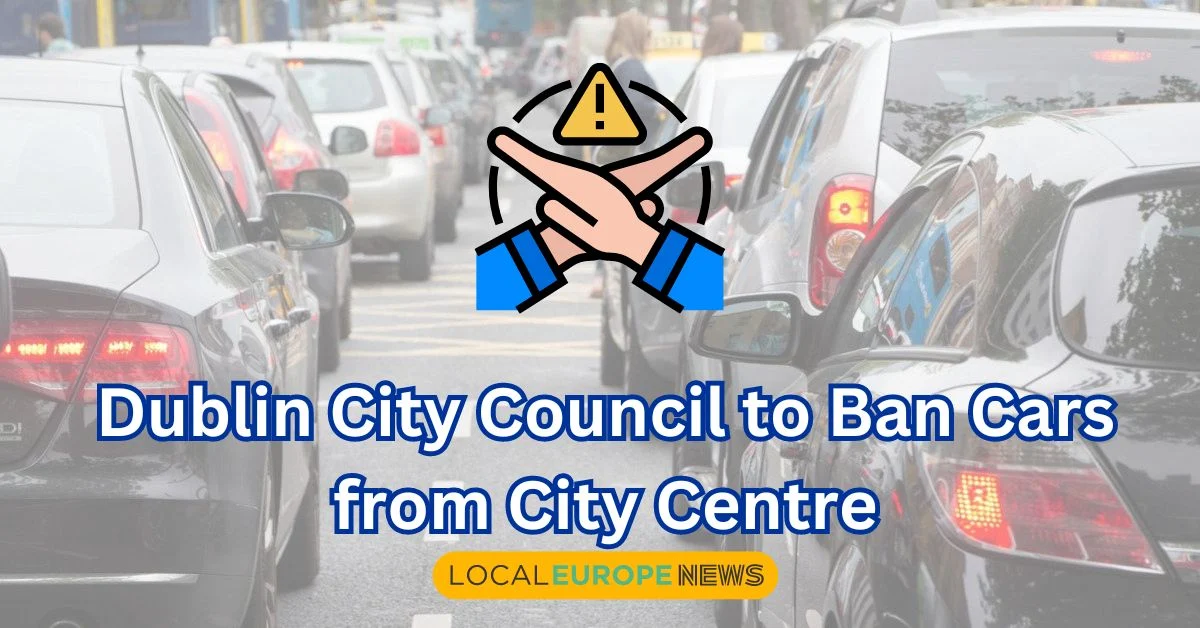Dublin City Council has confirmed that its new traffic management plan, aimed at significantly reducing car traffic in the city center, will commence next month. Despite facing opposition from local businesses and various stakeholders, the council is determined to proceed with the plan, which promises to transform urban mobility and enhance the quality of life for residents and visitors alike.
Overview of the Dublin Traffic Plan
The Dublin traffic plan is designed to decrease general traffic by 40% and promote alternative modes of transport such as walking, cycling, and public transport. Key measures include the closure of The Quays to private vehicles, allowing only buses, bikes, and taxis, and making Parliament Street traffic-free. The council also intends to reallocate sections of the North and South Quays exclusively for public transport, pedestrians, and cyclists.
Benefits and Challenges
The plan draws lessons from the traffic patterns observed during the COVID-19 pandemic, which saw reduced vehicle volumes and allowed for ambitious changes in traffic management. The council believes that reducing car traffic will alleviate bus delays and improve overall transit efficiency. Green Party Councillor Michael Pidgeon emphasized that buses, carrying significantly more passengers than private cars, will benefit the most from these changes.
However, the plan has sparked concerns among local businesses. Dublin Town, a business advocacy group, argues that the plan could negatively impact city centre accessibility and trade. They highlight potential issues with service access for deliveries and repairs, and fear that shoppers may shift to suburban retail parks, potentially increasing overall emissions contrary to the plan’s environmental goals.
Addressing Opposition
In response to these concerns, the council has committed to ongoing consultations with business owners and other stakeholders. They aim to address logistical challenges and ensure that the implementation of the traffic plan considers the practical needs of the business community. Despite these efforts, the opposition remains vocal, with some businesses even fundraising for legal and public relations campaigns against the plan.
Moving Forward
The Dublin traffic plan is part of a broader objective within the Dublin City Development Plan 2022-2028. It aligns with European Union directives aimed at improving urban liveability by reducing car dependency. While the full impact of the plan will unfold over the coming months, the council is confident that these changes will ultimately lead to a more sustainable and accessible city centre.
